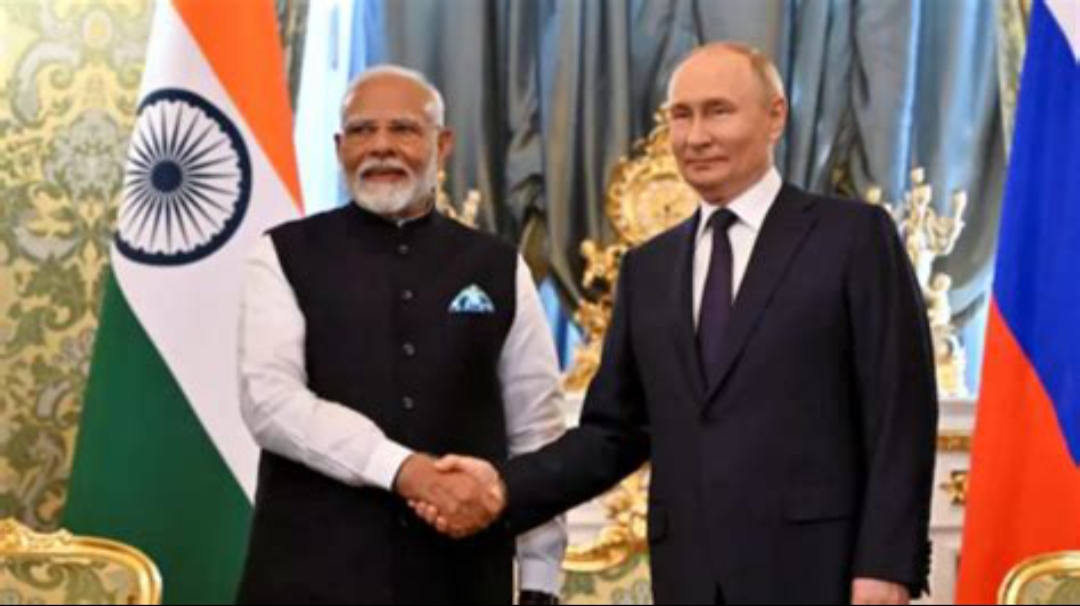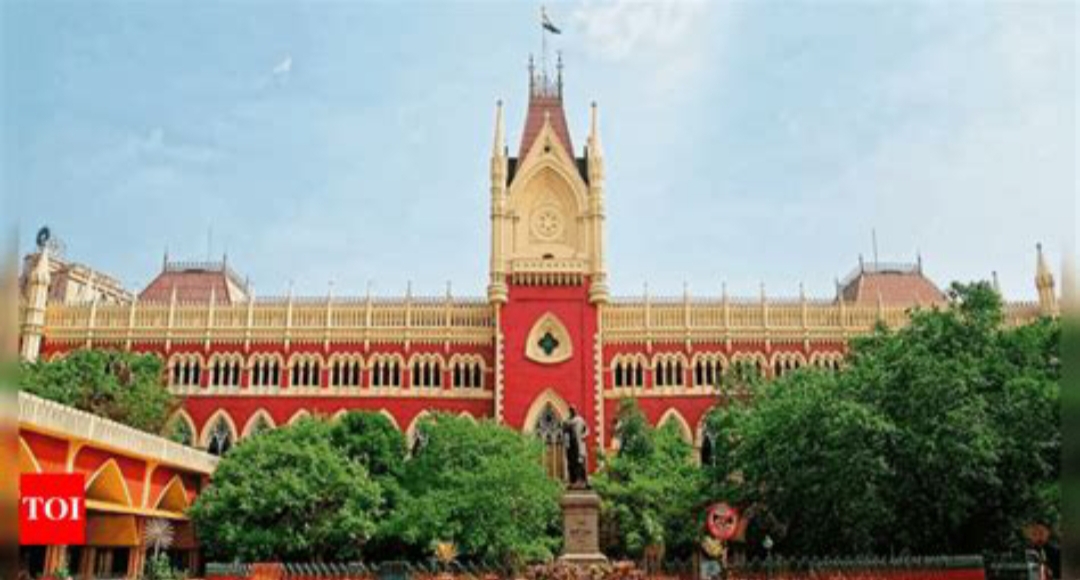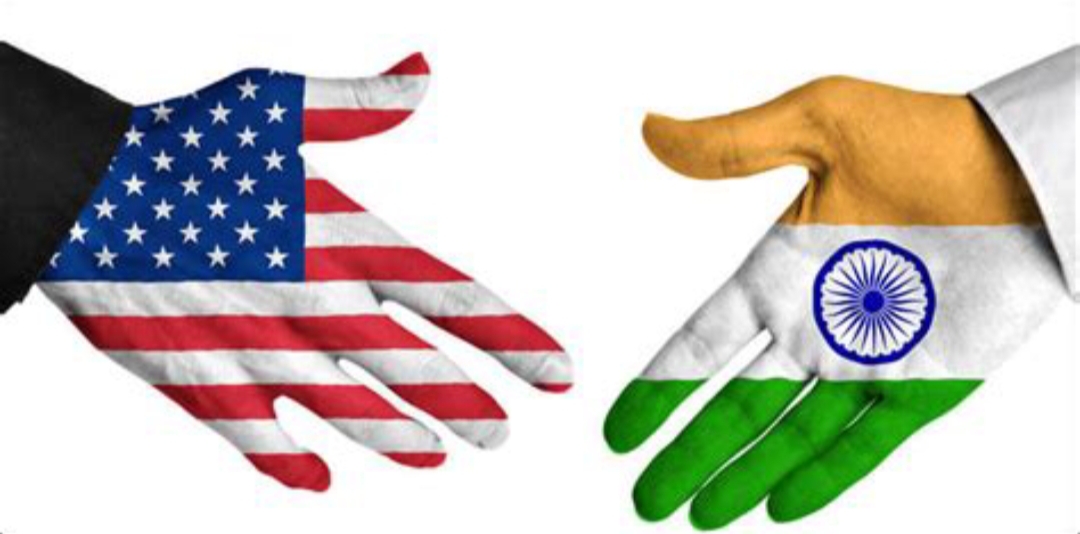In a significant development poised to influence global geopolitics, Russian President Vladimir Putin has accepted Prime Minister Narendra Modi's invitation to visit India. This forthcoming trip marks Putin's first to India since the onset of the Ukraine conflict in 2022, underscoring the enduring strength of India-Russia relations amid shifting international dynamics.
Historical Context and Diplomatic Significance
India and Russia share a deep-rooted, multifaceted strategic partnership that spans decades, built on mutual trust and cooperation. This relationship has weathered various global shifts, maintaining a steady course through the Cold War and into the present era. The upcoming visit by President Putin is anticipated to reinforce this bond, providing an opportunity for both nations to recalibrate their collaboration in light of current global challenges.
Economic and Trade Relations
Economic cooperation remains a cornerstone of India-Russia relations. Bilateral trade between the two countries reached approximately $40 billion in 2022–23, with ambitions to elevate this figure to $50 billion by 2025. This growth has been largely driven by India's increased imports of Russian crude oil, highlighting the energy sector's pivotal role in their economic ties.
However, challenges persist, particularly concerning trade imbalances. Of the total trade volume, India's exports to Russia account for less than $5 billion, indicating a need for diversification and enhancement of Indian exports. Addressing this disparity will be crucial during the upcoming discussions, as both nations seek to establish a more equitable trade relationship.
Defense and Strategic Collaboration
Defense cooperation has historically been a pillar of India-Russia relations. Russia has been a key supplier of defense equipment to India, contributing significantly to India's military modernization efforts. The forthcoming summit is expected to further this collaboration, with potential discussions on joint ventures, technology transfers, and co-development of defense systems.
Such initiatives not only bolster India's defense capabilities but also promote self-reliance in defense production, aligning with India's 'Make in India' initiative. Moreover, enhanced defense ties serve as a strategic counterbalance in the region, contributing to broader stability and security.
Energy Cooperation
Energy collaboration remains a critical component of the bilateral relationship. India's reliance on Russian energy resources, particularly crude oil, has grown in recent years. Despite global sanctions and geopolitical tensions, India has continued to engage with Russia in the energy sector, emphasizing the pragmatic aspects of their partnership.
Geopolitical Implications and Global Diplomacy
President Putin's visit comes at a time when global diplomacy is at a crossroads. The Russia-Ukraine conflict has led to realignments and recalibrations in international relations. India's consistent call for dialogue and peaceful resolution positions it as a potential mediator in global conflicts.
Furthermore, the visit is set against the backdrop of Western nations grappling with the question of engaging Russia. India's engagement with Russia, therefore, not only impacts bilateral relations but also contributes to the broader discourse on global diplomacy and conflict resolution.
Cultural and People-to-People Exchanges
Beyond strategic and economic dimensions, cultural ties and people-to-people exchanges form an integral part of India-Russia relations. Educational collaborations, tourism, and cultural festivals have fostered mutual understanding and goodwill between the populations of both countries. The upcoming visit could serve as a catalyst to rejuvenate these aspects, promoting deeper societal connections that underpin the diplomatic relationship.
Conclusion
President Vladimir Putin's acceptance of Prime Minister Narendra Modi's invitation to visit India signifies a reaffirmation of the robust partnership between the two nations. As they navigate the complexities of the current global order, this visit offers a platform to strengthen bilateral ties, address mutual challenges, and contribute to global peace and stability.
The world will keenly observe the outcomes of this summit, anticipating its impact on international relations and the evolving geopolitical landscape.



